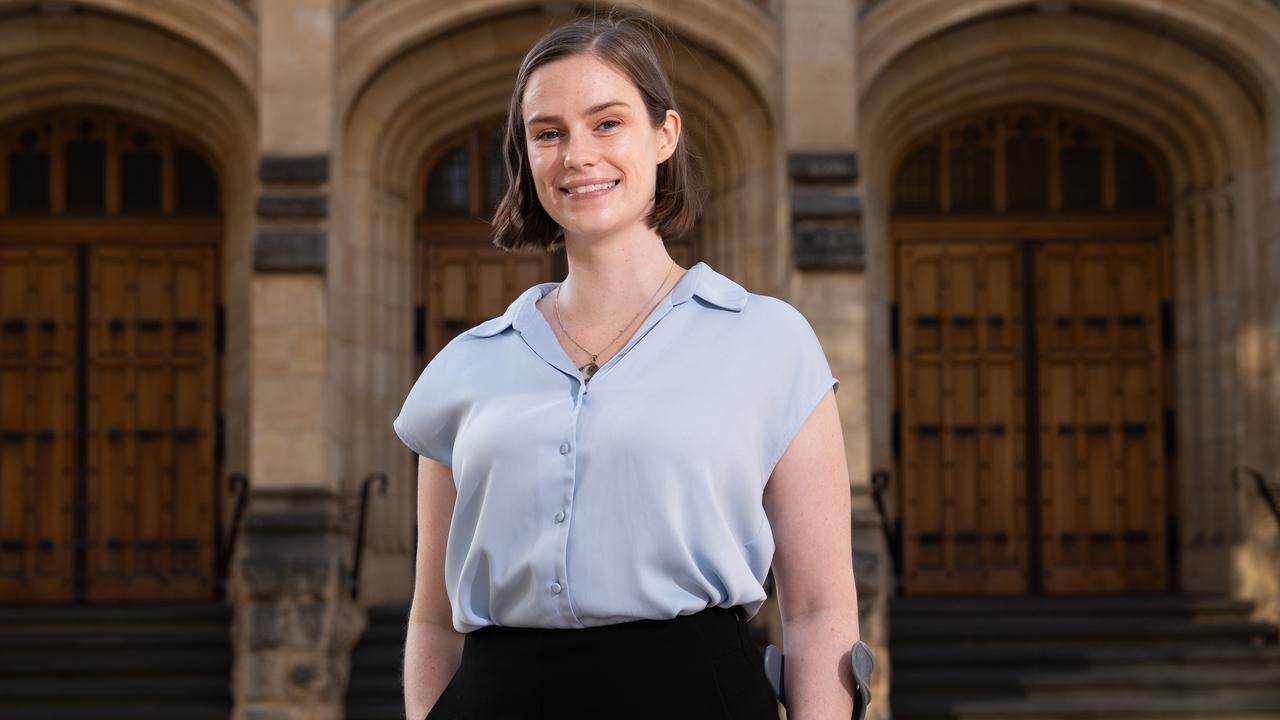Obesity and alcohol will cause 30,000 cases of breast cancer in the next 10 years: UNSW study
Women worried about developing breast cancer can make two simple lifestyle changes to slash their risk, a groundbreaking new Australian study has revealed.

Illness
Don't miss out on the headlines from Illness. Followed categories will be added to My News.
Australian women are eating and drinking their way to breast cancer, a confronting new study has found.
Being overweight and drinking alcohol have emerged as the top two preventable causes of breast cancer.
A University of NSW study of 200,000 women predicts they will cause 30,000 cancer cases in the next ten years.
More than one in two women drink alcohol regularly, and three in five are overweight or obese.
“We found that current levels of overweight and obesity are responsible for the largest proportion of preventable future breast cancers – more specifically, 17,500 or 13 per cent of breast cancers in the next decade,” says study author Dr Maarit Laaksonen.
“Regular alcohol consumption is the second largest contributor – 13 per cent of pre-menopausal and 6 per cent of post-menopausal breast cancers, that is 11,600 cases over the next 10 years, are attributable to consuming alcohol regularly,” she said.
How Australia has best cancer survival rates in the world
Breast implants linked to cancer still sold in Australia

Although the current Australian recommendation is to not drink more than two alcoholic drinks per day on average, the study found that risk of breast cancer increased with an average consumption of just one alcoholic drink per day.
Menopausal Hormone Therapy (MHT) explained another 7 per cent of postmenopausal breast cancers, the study found.
However, these cancer cases were most likely to occur in women who used the hormonal therapies for at least five years.
Long-term use of oral contraceptives was associated with another 7 per cent of premenopausal breast cancers, the study found.
“Our findings support the current Australian and international recommendations of using MHT for the shortest duration possible, and only to alleviate menopausal symptoms, not for the prevention of chronic disease,” Dr Laaksonen saids.

However, even though they cause some cancer the researchers said women should not restrict their use of oral contraceptives.
“The latest position statement from Cancer Council says that over the course of a woman’s lifetime, the net effect of OCs is actually cancer-protective, as they provide long-term protection against endometrial and ovarian cancers, meaning that the potential benefits, including reproductive benefits, outweigh the harm,” Dr Laaksonen said.
The study predicted that together these behavioural and hormonal factors explain about one in five breast cancers, amounting to 37,000 breast cancers over the next 10 years.
Around 18,000 Australian women a year are diagnosed with breast cancer; it is the most common cancer in women and the second leading cause of cancer death in women.
Dr Laaksonen said the study results suggested the need for a population-wide breast cancer prevention strategy.
Women who curb their alcohol consumption, lose weight and limit their use of post menopausal hormone therapy could reduce their risk of developing breast cancer.
Originally published as Obesity and alcohol will cause 30,000 cases of breast cancer in the next 10 years: UNSW study


